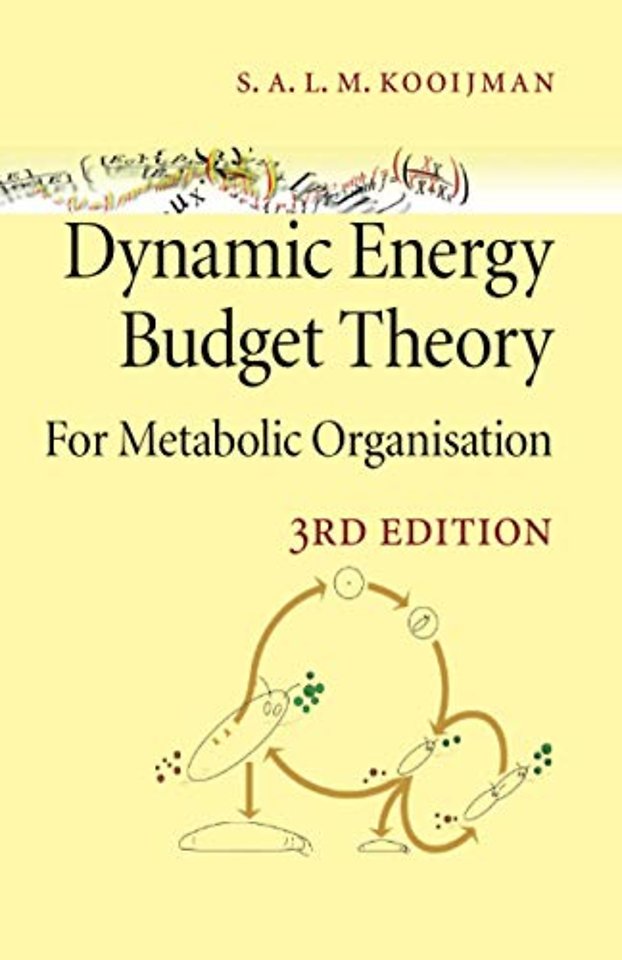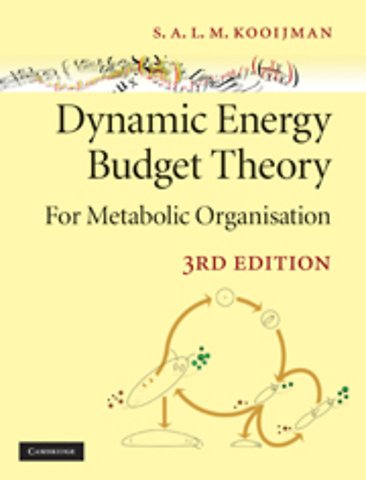Dynamic Energy Budget Theory for Metabolic Organisation
Samenvatting
The Dynamic Energy Budget theory unifies the commonalities between organisms, as prescribed by the implications of energetics, and links different levels of biological organisation (cells, organisms and populations). The theory presents simple mechanistic rules that describe the uptake and use of energy and nutrients and the consequences for physiological organisation throughout an organism's life cycle, including the energetics of ageing and contact with toxic compounds. This new edition includes a new chapter on evolutionary aspects, and discusses methods to quantify entropy for living individuals, isotope dynamics, a mechanism behind reserve dynamics, and toxicity of complex mixtures of compounds. An updated ageing module now also applies to demand systems, new methods for parameter estimation, adaptation of substrate uptake, the use of otiliths for reconstruction of food level trajectories, the differentiated growth of body parts (such as tumours and organs) linked to their function, and many more topics.
Specificaties
Inhoudsopgave
Net verschenen
Rubrieken
- aanbestedingsrecht
- aansprakelijkheids- en verzekeringsrecht
- accountancy
- algemeen juridisch
- arbeidsrecht
- bank- en effectenrecht
- bestuursrecht
- bouwrecht
- burgerlijk recht en procesrecht
- europees-internationaal recht
- fiscaal recht
- gezondheidsrecht
- insolventierecht
- intellectuele eigendom en ict-recht
- management
- mens en maatschappij
- milieu- en omgevingsrecht
- notarieel recht
- ondernemingsrecht
- pensioenrecht
- personen- en familierecht
- sociale zekerheidsrecht
- staatsrecht
- strafrecht en criminologie
- vastgoed- en huurrecht
- vreemdelingenrecht

